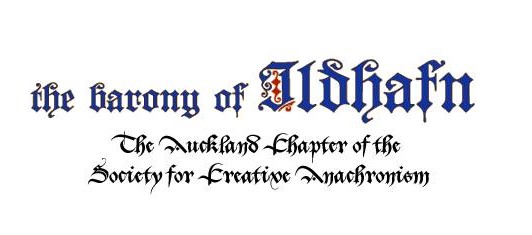Date: Late 16th century (exact date uncertain)
Description:
A joyful and concise Latin motet, often arranged as a round or canon. Frequently attributed to composers such as Michael Praetorius or anonymous Renaissance origins. It is widely used in choral settings for its bright mood and easy adaptability for beginners and youth choirs.
Discussion:
The piece features imitative polyphony and repetitive melodic phrases that make it ideal for canonic singing. It is often sung in three or four parts as a round. The text is taken from Psalm 100 and is a simple acclamation of praise.
Composer: Anonymous (sometimes attributed to Michael Praetorius)
Arranged by:
Sheet Music:
The arrangement we use is available here as a pdf, or musescore file.
Parts: 3-part round (can be adapted to more)
Type: Sacred motet (round/canon)
Language: Latin
Ranges:
Soprano: C4–E5
Alto: A3–C5
Tenor: F3–A4
Advice for beginners:
A great introduction to rounds and Latin pronunciation. Encourage singers to listen carefully to one another and maintain rhythmic clarity, especially in entrances.
Sound Files:
Here are some sound files for reference. mid
